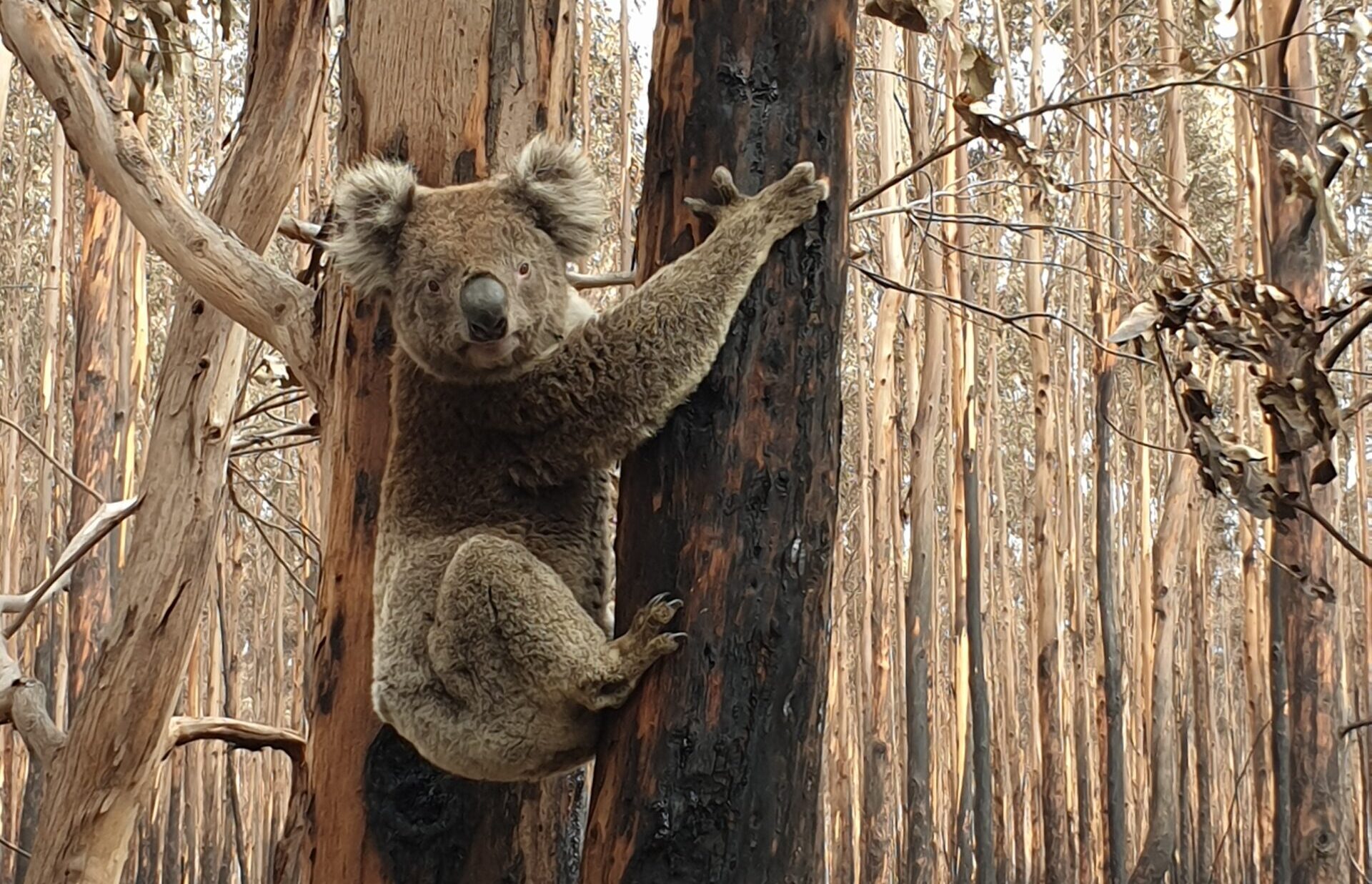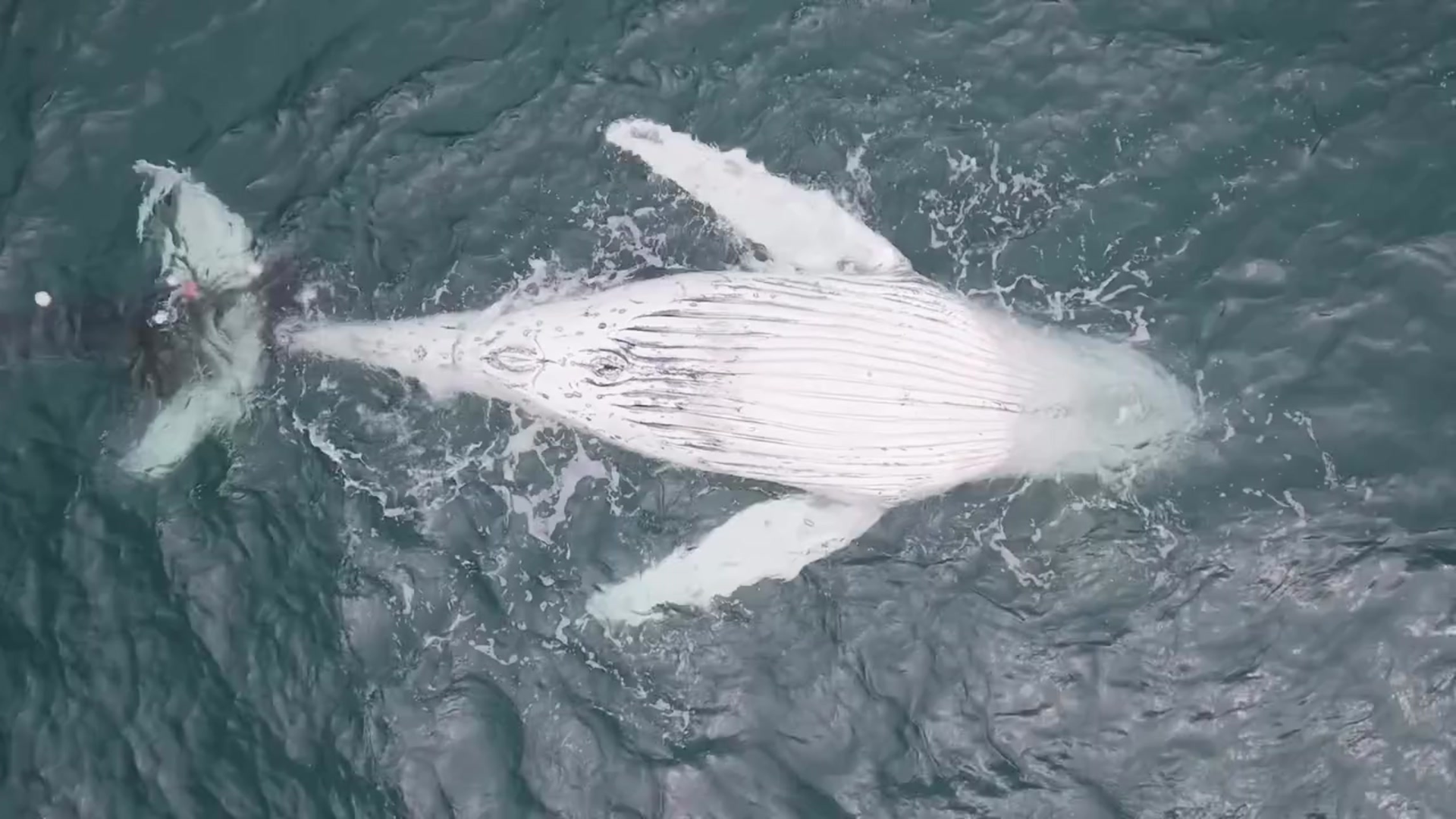Humane World for Animals Australia says risks to nature outweigh the gains in long anticipated reforms to Australia’s nature laws, tabled in parliament today. Having previewed the amendments to the Environment Protection and Biodiversity Conservation (EPBC) Act tabled today, Humane World for Animals Australia’s Director, Campaigns, Nicola Beynon says the...
Humane Society International Global launched a short film, introducing the loveable Ralph acting as a spokesbunny with one mission – to ban cosmetics animal testing around the world. “Save Ralph” stars Oscar winner Taika Waititi as the voice of Ralph, an endearing laboratory ‘tester’ bunny. Ralph steals your heart as he explains his daily routine during his interview with a mock documentary filmmaker voiced by actor and animal advocate Ricky Gervais.
HSI teamed up with a celebrity powerhouse to create this compelling short film, written and directed by Spencer Susser, produced by Jeff Vespa, and brought to life by the Arch Model studio of puppet maker supreme Andy Gent. Other stars featured include Zac Efron as Bobby, Olivia Munn as Marshmallow, Pom Klementieff as Cinnamon, and Tricia Helfer as Cottonballs.
Save Ralph highlights the fact that cosmetics animal testing still continues legally in much of the world. Although animal testing is officially banned in 40 countries, an estimated 500,000 animals suffer and die in cruel cosmetics tests each year. HSI Global’s Save Ralph campaign specifically targets 16 countries including Brazil, Canada, Chile, Mexico, South Africa, and 10 southeast Asian nations, sending a message loud and clear to end this cruel and unnecessary practice.
Fortunately, here in Australia progress has been made. HSI worked with the Australian Government on the passage of a ban on cosmetics animal testing in Australia which took effect in July 2020. The ban also prohibits using animal testing to justify the introduction of new cosmetic chemicals to the Australian market. In the negotiations HSI also secured a commitment to funding to support the development and uptake of modern non-animal test methods. As a result, animal testing cannot be used to justify the safety of any new cosmetic ingredient they want to introduce to the Australian market.
When more countries ban animal testing it will mean there are fewer and fewer markets around the world that will accept new cosmetics that have been animal tested. This will force the cosmetic companies to use safety methods that don’t involve hurting animals if they want to be able to sell their new products.
China recently took a step forward on this issue. Cosmetics animal testing has been mandatory in China, but a recent announcement means that China will no longer require animal testing on imported cosmetics. A notice by the National Medical Products Administration (NMPA) which regulates the country’s drugs and medical devices stated that imported ordinary cosmetics would no longer be tested on animals as of the 1st May 2021. This means that cruelty-free brands will soon be able to sell their products there.
Cosmetics animal testing is outdated and unnecessary because cosmetics companies can now produce new, safe beauty products by manufacturing the cruelty-free way. They can use ingredients already known to be safe, of which there are thousands. These ingredients have already been tested in the past and don’t need to be tested again. Or they can use non-animal tests of which there are more than 40 available for use.
More than 1000 beauty brands are certified cruelty-free globally, including popular Australian brands such as LUSH, Natures Organics, MooGoo, Australis, and many others such as those listed on the Choose Cruelty Free List. There’s no excuse for other companies to continue supporting such cruelty.
You can help the thousands of animals that suffer every day around the world by saying no to this ugly business. To learn more, meet Ralph below.
Georgie Dolphin is a passionate animal advocate and has been part of the team at Humane Society International since 2012. She grew up on a farm in the UK and gained an honours degree in Animal Science at Leeds University. In her role as Program Manager for Animal Welfare, Georgie’s responsibilities include campaign work on donkeys, farm animals, free range food labelling, and the fur trade, as well as the operation of the organisation’s true free range program, Humane Choice.


